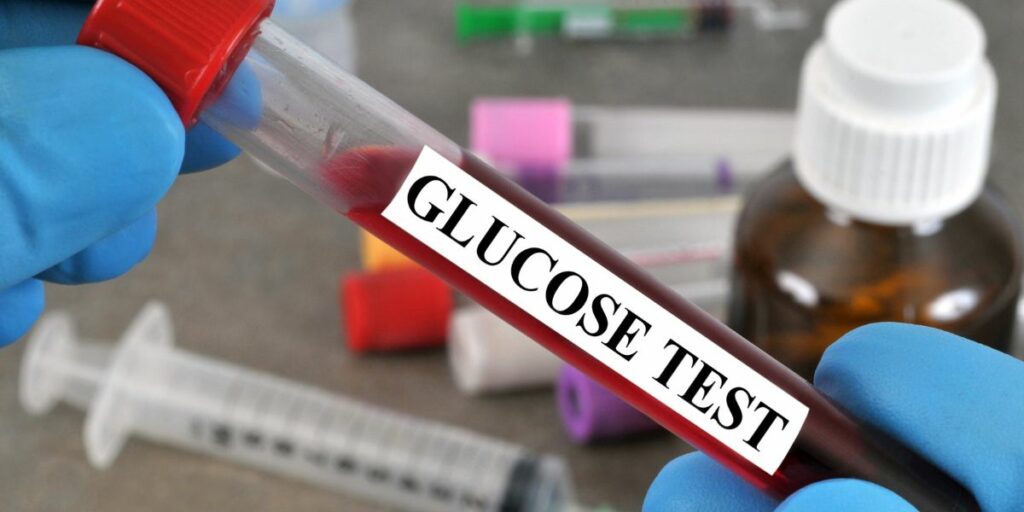Laboratory tests performed during pregnancy are important to assess any ongoing medical problems and assure a healthy pregnancy. One of the test that is performed during the second trimester is the oral glucose tolerance test (OGTT).
What is OGTT?
OGTT measures your body’s response to glucose and tests for gestational diabetes. Gestational diabetes is type 2 diabetes that develops during pregnancy.
Who needs an OGTT?
All women irrespective of their health status should take the oral glucose tolerance test, as also recommended by the American College of Obstetricians and Gynaecologists.
Why is OGTT done?
Gestational diabetes which can develop due to many reasons results in raised levels of blood sugar that can harm both the mother and the developing fetus. Diagnosing this condition at the right time can help one take the right precautions or treatment needed to control it and thus prevents serious complications.
When Is OGTT done?
This test is performed between the 24th and 28th week of pregnancy. However, if you are at a greater risk of developing gestational diabetes then your obstetrician may advise you for the test at an earlier stage in pregnancy.
How is OGTT done?
You will be expected to report to the hospital early in the morning after overnight fasting. Your blood sample will be collected immediately after you reach, after which you will be given concentrated glucose to drink. Two more blood samples will be collected over a period of two hours which assess how your body is responding to glucose.
How should I prepare myself for OGTT?
Do not eat or drink anything except water for eight to fourteen hours before the test. Since you will be called for the test in the morning, you can fast after dinner till you reach the hospital. Since you will be required to stay at the hospital for up to three hours on the test day do not prioritise any other work.
What if I am diagnosed with gestational diabetes?
Women if diagnosed with gestational diabetes need to follow special dietary precautions and stay physically active to keep their blood sugar levels under control. At times they may also need medicines to control their blood sugar levels. 50% of women with gestational diabetes go on to develop type 2 diabetes mellitus after giving birth and should thus stay vigilant about it.
This is general information issued in the public interest. Please contact your doctor for more details.




